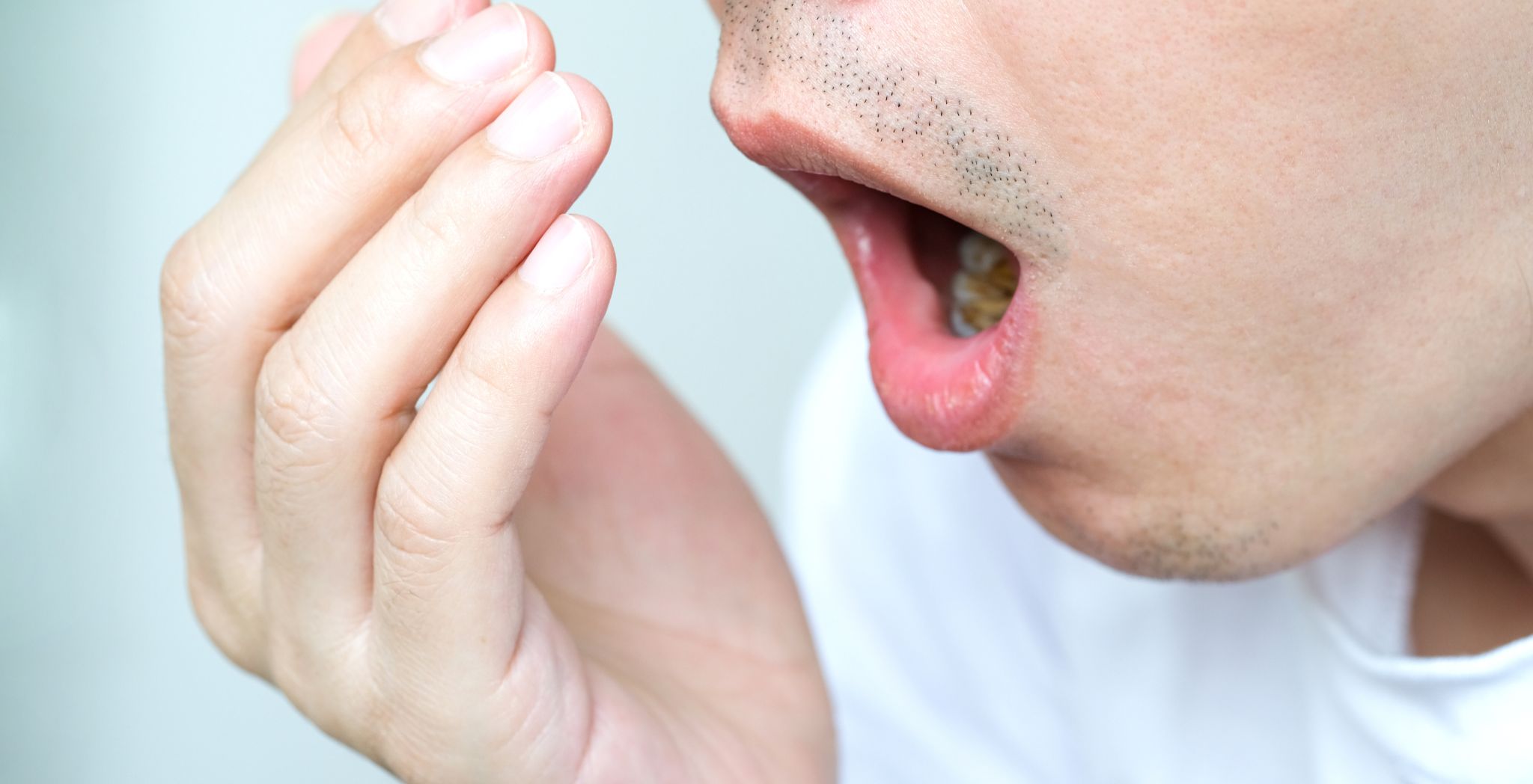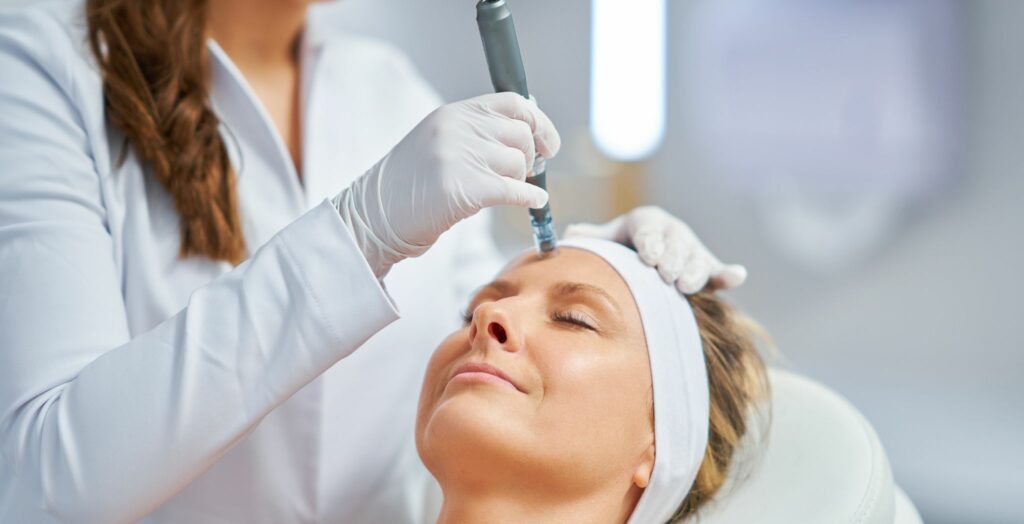Do you ever feel a little shy to talk to people up close? Maybe you’re worried about bad breath. It’s a common problem that lots of us face. But what if that bad breath is a sign of something more serious, like a cavity? It’s a question many people ask. The simple answer is yes, cavities can definitely cause bad breath. In this blog post, we’re going to break down exactly how this happens, what else might be going on, and most importantly, what you can do about it.
How Cavities Contribute to Bad Breath
Imagine your teeth are like little fortresses. When a cavity forms, it’s like a hole in the wall of that fortress. It all starts with plaque, a sticky film of bacteria that’s always forming on our teeth. When we eat sugary or starchy foods, these bacteria have a feast. They then produce acids that eat away at the outer layer of our teeth, called enamel. Over time, this creates a small hole, or a cavity.
This cavity is the perfect hiding spot for bacteria and tiny food particles. It’s a dark, warm, and moist environment – basically a five-star hotel for germs. These bacteria, which are the main culprits behind bad breath, get trapped in the cavity. As they break down the leftover food, they release smelly gases. This is what we call bad breath, or in fancy terms, halitosis.
The deeper the cavity, the more space there is for bacteria and food to get stuck. This means the smell can get worse and worse. Even if you’re a champion brusher and flosser, a deep cavity can be impossible to clean properly. The bristles of your toothbrush just can’t reach all the way in, leaving the bacteria to multiply and cause a stink.
The Role of Tooth Decay in Oral Hygiene and Bad Breath
Tooth decay is the process that leads to cavities. It’s a slow but steady breakdown of your tooth. As the decay gets worse, it’s not just about a small hole anymore. The tooth can become more sensitive, and the bacteria can start to affect the gum around it, too.
Good oral hygiene is all about removing plaque and food particles to prevent this decay. Brushing twice a day with fluoride toothpaste and flossing once a day is the golden rule. But when tooth decay is happening, it makes it much harder to keep things clean. The rough, uneven surface of a decaying tooth is a magnet for plaque.
Think of it like this: if you have a smooth, clean floor, it’s easy to sweep up. But if that floor is full of cracks and holes, dirt and dust will get trapped in all the nooks and crannies. The same thing happens with your teeth. Tooth decay creates those cracks and holes, making it harder to get rid of the bacteria that cause bad breath.
Other Causes of Bad Breath Related to Cavities
While cavities themselves are a major cause of bad breath, they can also lead to other problems that contribute to the smell.
- Gum Disease: When a cavity is close to the gum line, the bacteria can spread and cause an infection. This is called gum disease (gingivitis or periodontitis). Gum disease is a very common cause of bad breath on its own. The bacteria in the infected gums release foul-smelling gases, making the problem even worse.
- Abscessed Tooth: If a cavity is left untreated, the decay can reach the very center of the tooth, where the nerve and blood vessels are. This can cause a painful infection called a tooth abscess. An abscess is a pocket of pus, and as you can imagine, a burst abscess can release a very strong and unpleasant smell into your mouth.
- Trapped Food: We’ve already mentioned this, but it’s worth highlighting again. A cavity is a food trap. You might be eating something like a piece of meat or a seed, and it gets stuck deep inside the hole. Over a day or two, this food starts to rot, and the smell can be quite potent.
How Bad Breath Can Be a Warning Sign for Cavities
Bad breath isn’t just an annoying problem; it can be a helpful warning sign that something is wrong. Many people don’t realise they have a cavity until they feel pain or see a dark spot on their tooth. But bad breath can sometimes be one of the first clues.
If you have persistent bad breath that doesn’t go away even after you brush your teeth, it could be a sign that there’s a source of bacteria you’re not able to clean. That source could be a hidden cavity.
Of course, bad breath can have other causes, like dry mouth, certain foods (onions, garlic), or even some medical conditions. However, if you’re looking after your teeth well and the bad breath continues, it’s a good idea to book an appointment with your dentist. They can have a good look around and see if a cavity is the cause.
Preventing Cavities to Avoid Bad Breath
The best way to stop bad breath caused by cavities is to stop cavities from forming in the first place. This is where a good preventative routine comes in.
- Brush, Brush, Brush: Make sure you’re brushing your teeth for two minutes, twice a day. Use a soft-bristled toothbrush and a fluoride toothpaste. Fluoride is a super hero for your teeth, as it helps to strengthen the enamel and fight off decay.
- Don’t Forget to Floss: Flossing is just as important as brushing. It gets rid of the food and plaque that get stuck between your teeth and along your gum line, which are places your toothbrush can’t reach.
- Watch What You Eat and Drink: Cut down on sugary and starchy snacks and drinks. Every time you have a sugary drink, it’s like throwing a party for the bad bacteria in your mouth. Water is the best drink for your teeth.
- Regular Dental Check-ups: This is probably the most important step. A dentist can spot a cavity when it’s just starting and treat it before it gets bigger. They can also give your teeth a professional clean to remove any stubborn plaque and tartar. If you’re looking for a dentist like dentist Cranebrook, there are plenty of great options to help keep your smile healthy.
Treating Cavities to Eliminate Bad Breath
If you already have a cavity, all is not lost. The good news is that treating the cavity will almost always solve the bad breath problem it’s causing.
- Fillings: For a small to medium-sized cavity, a dental filling is usually the solution. The dentist will clean out all the decayed part of the tooth and then fill the hole with a special material. This seals the tooth and gets rid of the perfect hiding spot for bacteria.
- Crowns: If the cavity is very large and the tooth is too weak for a filling, a crown might be needed. A crown is a cap that fits over the top of the tooth, protecting it from further decay and restoring its shape and function.
- Root Canal: If the decay has reached the nerve of the tooth, a root canal might be necessary. This is a bigger procedure where the dentist removes the infected nerve and cleans out the inside of the tooth before sealing it. This saves the tooth from needing to be pulled out.
- Extraction: In very severe cases, when the tooth is too damaged to be saved, it might need to be pulled out (extracted).
After any of these treatments, the source of the bad breath is gone. The bad smell will usually disappear very quickly, giving you back your confidence.
When Should You See a Dentist for Cavities and Bad Breath?
If you have bad breath that just won’t go away, it’s a good idea to see a dentist. This is especially true if you also have other signs of a potential cavity, such as:
- A toothache or pain in your mouth
- Sensitivity to hot or cold foods
- A dark spot on your tooth
- A small hole in your tooth that you can feel with your tongue
Don’t wait until the pain is unbearable. A small cavity is much easier and cheaper to treat than a big one. Visiting your dentist like dentist in Penrith for a regular check-up is the best thing you can do for your overall oral health and to prevent bad breath.
Common Myths About Bad Breath and Cavities
There are a few myths floating around about bad breath and cavities. Let’s clear them up.
- Myth: Chewing gum will fix bad breath caused by a cavity.
- Fact: Chewing sugar-free gum can help mask bad breath for a little while and can help increase saliva, which washes away some bacteria. However, it won’t fix the underlying problem of the cavity. The bad smell will just come back.
- Myth: If you can’t see a cavity, you don’t have one.
- Fact: Cavities often start in places that are hard to see, like between your teeth or at the back of your mouth. A dentist can use special tools and x-rays to find these hidden cavities.
- Myth: Cavities are just for kids.
- Fact: While kids can get cavities easily, adults are just as likely to get them. This is especially true as we get older and our gums start to recede, exposing more of the tooth to decay.
Conclusion
So, to answer the main question again: yes, cavities absolutely cause bad breath. The hole in your tooth becomes a breeding ground for bacteria, and as these bacteria break down food, they create a foul smell. The good news is that this problem is completely fixable. By practicing good oral hygiene, having a healthy diet, and most importantly, visiting your dentist regularly, you can prevent cavities from forming and keep your breath fresh. If you’re experiencing persistent bad breath, don’t ignore it. It could be a sign that it’s time to see a dentist for a check-up and a chat about a treatment plan. Taking care of your teeth isn’t just about a beautiful smile, it’s about your overall health and confidence.



